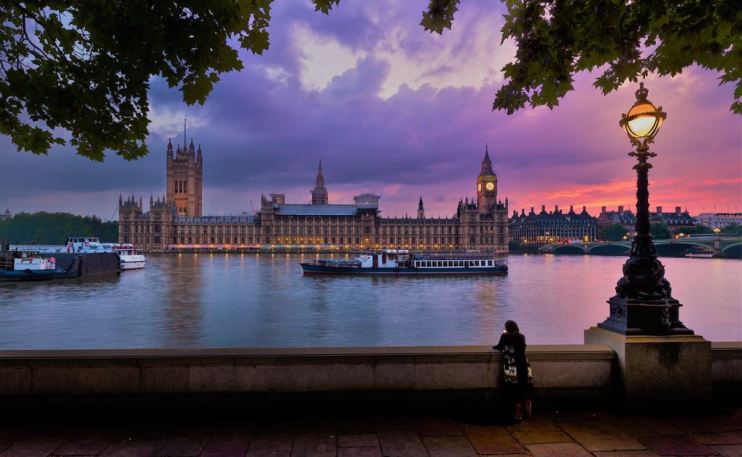In defence of capitalism: Does money corrupt politics?

In the fifth of an eight-part series, Dr Rainer Zitelmann – the author of the new book In Defence of Capitalism – argues that free markets, capitalism and money make for fairer elections and freer democracies, not the other way round
The American intellectual Noam Chomsky, one of the most popular critics of capitalism, writes that “the real concentration of power is in a fraction of 1 percent” of the population: “They get exactly what they want, because they’re basically running the place”. According to an international survey of 34 countries I commissioned Ipsos MORI to conduct for the book In Defence of Capitalism, people in most countries believe that the rich hold all the power under capitalism.
I would like to counter this prevailing perception with three theses:
- The rich do exert political influence, but they are nowhere near as powerful as the media, Hollywood movies and some academics with an anti-capitalist bias would have us believe.
- The rich help shape the political agenda, e.g. through lobbying, is not only legitimate in a pluralistic democracy, but important. And it is not uncommon for laws that are in the interest of the rich to also benefit society’s weakest members (e.g. tax cuts and deregulation).
- Anyone who believes that rich lobbyists, in pursuit of their own particular special interests, exert too much influence over politics must surely advocate less and not more government, i.e. more capitalism. After all, the more the state intervenes in the economy (through subsidies and overregulation), the greater the influence lobbyists can exert.
The United States is generally regarded as the country in which the rich exert a particularly strong influence over political developments. But if money alone bought political power, Donald Trump would never have won the Republican candidacy for the U.S. presidential elections in 2016. That honour would more likely have gone to Jeb Bush, who was able to raise far more in political donations. Even Benjamin I. Page and Martin Gilens, political scientists and two of the most prominent proponents of the notion that U.S. politics is directed by the rich, concede that “most of the big-money contributors – and most Republican think-tankers and officeholders – supported other candidates”. And: “Trump’s positions went directly contrary to the views of wealthy donors and wealthy Americans generally”.
Furthermore, if money determined political outcomes, Trump would not have won the 2016 election. Hilary Clinton, the Democratic Party and the super PACs that supported her, raised more than $1.2 billion for the full cycle, according to the Federal Election Commission. Trump and his allies collected about $600 million.
There is no evidence that wealth affects political decision-making
And if money alone could buy political power, then Joe Biden would also not have become president. Perhaps the White House would have gone to the wealthy entrepreneur Michael Bloomberg, who at the time of his campaign for the Democratic candidacy was the eighth richest man in the world, worth $61.9 billion according to Forbes. In all likelihood, Bloomberg spent more of his own money (and spent it quicker) on his election campaign than any other candidate in history, namely $1 billion in just over three months.
The American political scientist Larry M. Bartels has examined the estimated effect of unequal campaign spending in 16 U.S. presidential elections from 1952 to 2012. In only two elections, namely that of Richard Nixon in 1968 and that of George W. Bush in 2000 does Bartels conclude that Republican candidates won close elections that they very likely would have lost had they been unable to outspend their Democratic opponents.
But what about the argument that most members of the United States Congress are themselves very wealthy? On this issue, Martin Gilens, who generally criticises the influence of the rich on U.S. politics, concedes that there is no evidence of a connection between their wealth and the political decisions made by members of Congress or the House of Representatives.
Many people associate “capitalism” with “corruption”. But the view that corruption is particularly widespread in capitalist countries is simply wrong, as confirmed by a comparison of Transparency International’s Corruption Perceptions Index (CPI) with the Index of Economic Freedom. The countries with the lowest levels of corruption are the same countries that have the highest levels of economic freedom.
And the more governments intervene in economic life, the more opportunities there are to bribe officials. Anyone who wants to limit wealthy citizens’ unethical or even criminal influence on politics should therefore advocate less not more government.